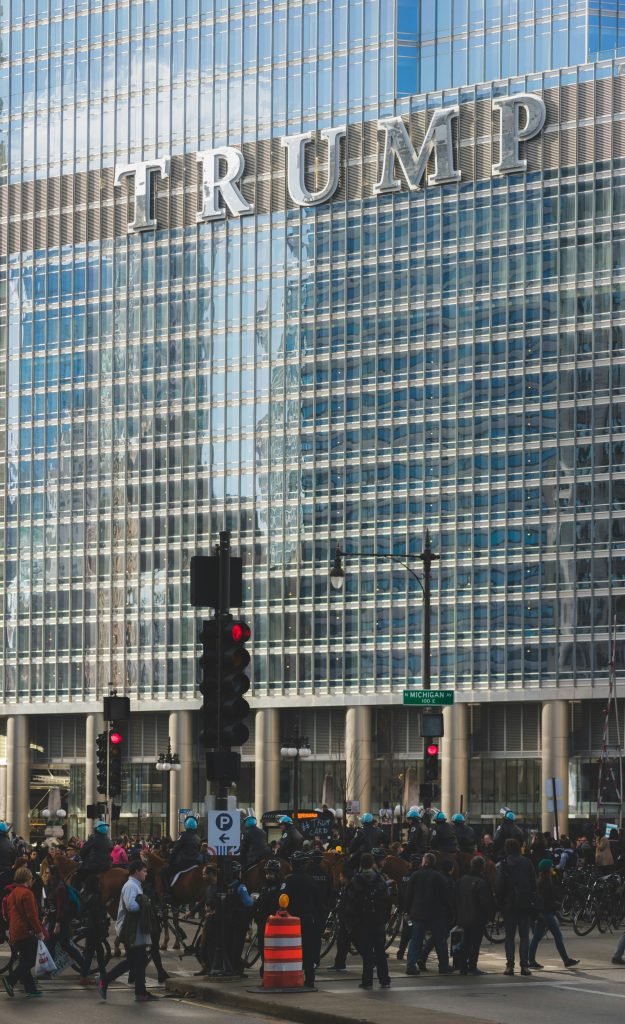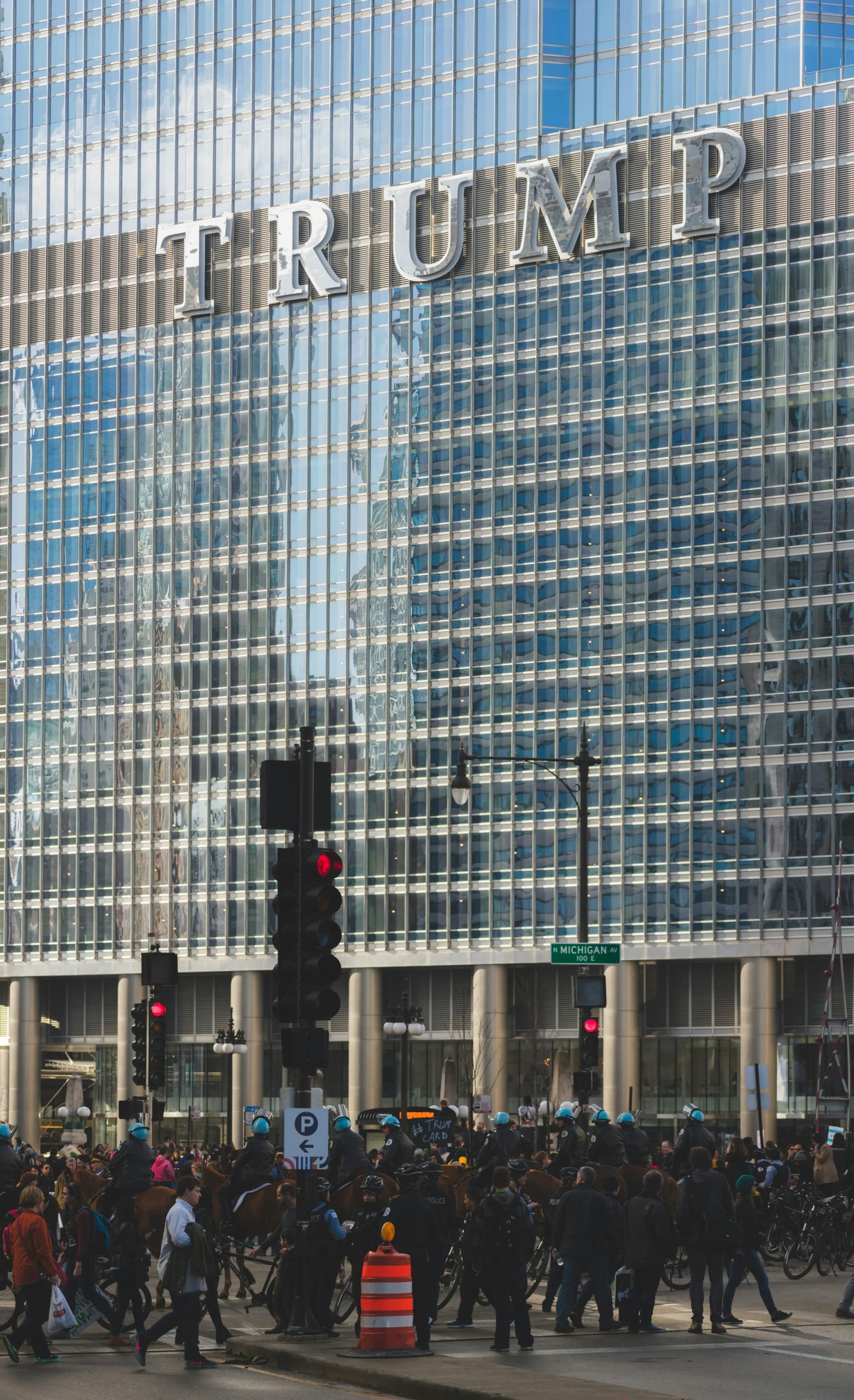If you find yourself struggling to afford the high costs of prescription medications, you may be wondering if there are any government assistance programs or subsidies available to lend a helping hand. Luckily, there are resources out there that can provide support for individuals in need. This article will explore the options available to help you navigate the world of government assistance programs and subsidies specific to affording prescription medications. So, let’s dive in and discover how you can find the help you need. Yes, there are several government assistance programs and subsidies available to help individuals afford their prescription medications. In this comprehensive article, we will explore various programs such as Medicare Prescription Drug Coverage, Medicaid, State Pharmaceutical Assistance Programs (SPAPs), Patient Assistance Programs (PAPs), Medicare Savings Programs, Tricare, Veterans Health Administration (VA) Benefits, Non-Profit Organizations, Pharmaceutical Discount Programs, and Community Health Centers. Let’s dive in and learn more about each program.

Medicare Prescription Drug Coverage
Medicare, a federal health insurance program primarily for adults aged 65 and older, offers Part D Prescription Drug Plans to help beneficiaries pay for their medications. These plans are provided by private insurance companies approved by Medicare. With Part D Prescription Drug Plans, you can choose a standalone prescription drug plan or a Medicare Advantage plan that includes prescription drug coverage. These plans typically have a list of covered drugs called a formulary, so it’s essential to check if your medications are included.
Extra Help (Low-Income Subsidy)
For individuals with limited income and resources, Medicare provides Extra Help, also known as the Low-Income Subsidy. This program assists in paying for Part D costs, including premiums, deductibles, and copayments. Eligibility for Extra Help is based on income and assets, and it can significantly reduce the out-of-pocket expenses associated with prescription medications. To apply for Extra Help, you can contact your local Social Security office or visit their website for more information.
Medicaid
Medicaid is a joint federal and state program that provides health coverage for low-income individuals. Medicaid coverage for prescription drugs varies by state, but it generally includes a wide range of medications. However, not all drugs may be covered, and there may be restrictions or limitations based on the type of medication. To determine your eligibility and learn more about the prescription drug coverage offered by Medicaid in your state, contact your local Medicaid office or visit their website.
Medicaid Waivers
In certain cases, Medicaid offers waivers that allow states to provide additional services or modify eligibility requirements. Some states have waivers specifically aimed at expanding access to prescription drugs. These waivers might have specific criteria for eligibility and may vary in terms of coverage and benefits provided. To find out if your state offers any prescription drug-related waivers under Medicaid, reach out to your local Medicaid office for more information.
Medicaid Managed Care
Many states administer Medicaid through managed care organizations. These organizations contract with the state to coordinate and deliver healthcare services, including prescription drug coverage, to Medicaid beneficiaries. Under Medicaid managed care plans, individuals receive their prescription medications through pharmacies or mail-order services. It’s crucial to understand the specific prescription drug coverage and limitations associated with the managed care plan you are enrolled in, so be sure to review the plan documents or contact your managed care organization.
State Pharmaceutical Assistance Programs (SPAPs)
State Pharmaceutical Assistance Programs (SPAPs) are state-funded programs that help residents afford their prescription medications. These programs are designed for individuals who do not qualify for Medicaid or other federal assistance programs but still require financial assistance. Each state has its own SPAP, which may have different qualifications and benefits. To determine if you are eligible for your state’s SPAP and to learn more about the specific benefits offered, contact your state’s department of health or visit their website.
Qualifications and Benefits
The qualifications for SPAPs vary from state to state but generally consider factors such as income, age, disability, and specific medical conditions. Some SPAPs may have income limits, while others may take into account factors such as household size and medical expenses. Benefits provided by SPAPs can include discounts on prescription medications, assistance with copayments, and coverage for specific medications not covered by other insurance programs.
Application Process
To apply for a state pharmaceutical assistance program, you will typically need to complete an application form provided by your state’s department of health. The application will require personal information, income details, and potentially supporting documentation such as tax returns or proof of medical condition. It’s important to provide accurate information and ensure that you meet the eligibility criteria before submitting your application. Contact your state’s department of health to obtain the application form and learn more about the application process.
Patient Assistance Programs (PAPs)
Patient Assistance Programs (PAPs) are programs sponsored by pharmaceutical companies and non-profit organizations to provide medications free of charge or at a significantly reduced cost to eligible individuals. PAPs are designed for individuals who have limited or no prescription drug coverage and cannot afford their medications. There are two main types of PAPs: Pharmaceutical Company PAPs and Non-Profit PAPs.
Pharmaceutical Company PAPs
Pharmaceutical Company PAPs are offered directly by pharmaceutical manufacturers. These programs provide medications at no cost or at a reduced cost to eligible individuals who meet specific criteria set by each manufacturer. The criteria often include factors such as income, insurance coverage, and medical necessity. To access pharmaceutical company PAPs, you usually need to apply through the manufacturer’s website or by contacting their customer service. Each program has its own application process, so be sure to follow the instructions provided.
Non-Profit PAPs
Non-profit organizations also offer Patient Assistance Programs to help individuals access affordable medications. These programs are typically funded by donations, grants, and partnerships with pharmaceutical companies. Non-profit PAPs may have broader eligibility criteria than pharmaceutical company PAPs and can provide assistance for a wide range of medications. To apply for a non-profit PAP, you will usually need to complete an application form and provide necessary documentation. Contact the non-profit organization directly or visit their website for more information and to initiate the application process.
Medicare Savings Programs
Medicare Savings Programs are state-administered programs that help individuals with limited income afford their Medicare premiums, deductibles, and coinsurance. There are three main types of Medicare Savings Programs: Qualified Medicare Beneficiary (QMB) Program, Specified Low-Income Medicare Beneficiary (SLMB) Program, and Qualified Individual-1 (QI-1) Program.

Qualified Medicare Beneficiary (QMB) Program
The Qualified Medicare Beneficiary (QMB) Program is the most comprehensive Medicare Savings Program and provides assistance in paying for Medicare Part A and Part B premiums, deductibles, and coinsurance. Eligibility for the QMB program is generally based on income and asset limits set by the state. To apply for the QMB program, you will need to contact your local Medicaid office or another designated agency in your state.
Specified Low-Income Medicare Beneficiary (SLMB) Program
The Specified Low-Income Medicare Beneficiary (SLMB) Program helps individuals pay for Medicare Part B premiums. To qualify for this program, you must meet the income criteria set by your state, which is typically higher than the QMB program. By enrolling in the SLMB program, you can receive assistance with your Part B premium costs. Contact your local Medicaid office or another designated agency in your state to apply for the SLMB program.
Qualified Individual-1 (QI-1) Program
The Qualified Individual-1 (QI-1) Program is another Medicare Savings Program that helps individuals pay for Medicare Part B premiums. It has similar eligibility criteria to the SLMB program but has limited funding. The QI-1 program operates on a first-come, first-served basis, so it’s essential to apply early if you meet the eligibility requirements. To apply for the QI-1 program, reach out to your local Medicaid office or another designated agency in your state.
Tricare
Tricare is a healthcare program provided by the Department of Defense for military service members, veterans, and their families. Tricare offers different plans with various options for prescription drug coverage. Express Scripts is currently the pharmacy benefits manager for Tricare, and they manage the Tricare pharmacy program. With Tricare, you can access prescription medications through military treatment facilities, network retail pharmacies, or the Tricare Mail Order Pharmacy. It’s recommended to review your specific Tricare plan to understand the prescription benefits and coverage.
Expression Prescription Benefits
Tricare’s pharmacy program covers a variety of prescription medications to meet the healthcare needs of service members and their families. Medications included in the Tricare formulary are generally covered and available at a lower cost. For medications not on the formulary, exceptions may be made based on medical necessity. It’s important to consult the Tricare formulary or contact Tricare directly to determine if your specific medications are covered under your plan.
Medications Covered by Tricare
Tricare’s formulary covers a broad range of medications, including generic, brand-name, and specialty drugs. The formulary is regularly updated to ensure the availability of safe and effective medications. However, there may be limitations, such as quantity limits or requirements for prior authorization, for certain medications. It’s recommended to consult the Tricare formulary or contact Tricare directly to understand the coverage and any requirements associated with your specific medications.

Veterans Health Administration (VA) Benefits
The Veterans Health Administration (VA) provides comprehensive healthcare services to eligible veterans. This includes prescription medications necessary for treating a veteran’s medical condition. Veterans can access prescription medications through VA medical centers, community-based outpatient clinics, and the VA Mail Order Pharmacy.
Prescription Medications for Veterans
The VA offers a wide range of prescription medications, including brand-name and generic drugs. The medications provided are tailored to the individual’s specific healthcare needs, as determined by a healthcare provider within the VA system. To access prescription medications, veterans need to be enrolled and receive healthcare services through the VA.
Pharmacy Benefits Management Services
The VA operates a comprehensive pharmacy benefits management system to ensure safe, effective, and affordable medication use for veterans. This system oversees medication formularies, medication safety programs, mail-order pharmacy services, and more. The VA also negotiates drug pricing to obtain the best possible prices for medications, helping veterans save on their prescription costs.
Non-Profit Organizations
Several non-profit organizations support individuals in accessing affordable prescription medications. These organizations work to connect individuals with various patient assistance programs and provide resources and information. Some well-known non-profit organizations focusing on prescription medication assistance include Partnership for Prescription Assistance (PPA), NeedyMeds, and RxAssist.
Partnership for Prescription Assistance (PPA)
The Partnership for Prescription Assistance (PPA) is a program that helps individuals find patient assistance programs provided by pharmaceutical companies. By utilizing the PPA’s online tool or helpline, individuals can search for available programs based on their specific medication needs, income, and insurance coverage. The PPA aims to simplify the process of accessing prescription medications and connect individuals with the resources they need.
NeedyMeds
NeedyMeds is another non-profit organization that provides information and resources to help individuals access affordable medications. Their website offers a comprehensive database of patient assistance programs, discount coupons, and other cost-saving resources. By utilizing NeedyMeds’ resources, individuals can navigate the complex landscape of prescription medication costs and find options that suit their needs.
RxAssist
RxAssist is a web-based resource center that connects individuals with patient assistance programs and provides tools and information to help individuals access affordable prescription medications. Their website features a searchable database of patient assistance programs, as well as information on drug discount cards, state assistance programs, and other cost-saving resources. RxAssist is dedicated to helping individuals find the support they need to afford their prescription medications.
Pharmaceutical Discount Programs
In addition to government programs and non-profit organizations, there are pharmaceutical discount programs that offer savings on prescription medications. These programs include Manufacturer Copay Cards, Drug Discount Cards, and Prescription Savings Clubs.
Manufacturer Copay Cards
Manufacturer Copay Cards are offered directly by pharmaceutical manufacturers to eligible individuals. These cards can provide significant savings on out-of-pocket costs, such as copayments or deductibles. Each manufacturer’s program has its own eligibility criteria and benefits. To access Manufacturer Copay Cards, you generally need to apply through the manufacturer’s website or by contacting their customer service.
Drug Discount Cards
Drug Discount Cards are typically offered by organizations or companies that negotiate discounted prices with pharmacies. These cards can be used by individuals with or without insurance to access lower-cost medications. Drug Discount Cards are widely accepted at various pharmacies, and they can be obtained at no cost or with a small fee. To acquire a Drug Discount Card, you can visit the organization’s website or request a card from participating pharmacies.
Prescription Savings Clubs
Pharmacy chains and drugstores often offer Prescription Savings Clubs or programs to provide discounts and savings on prescription medications. These programs usually require an annual membership fee and provide access to a list of discounted medications. By joining a Prescription Savings Club, individuals can enjoy cost savings on their prescription medications when filling their prescriptions at participating pharmacies.
Community Health Centers
Community Health Centers play a vital role in providing affordable healthcare services, including prescription medications, to underserved communities. These centers often offer a sliding fee scale, which adjusts the cost of healthcare services, including prescription medications, based on the individual’s income and ability to pay. The sliding fee scale ensures that individuals with limited financial resources can access necessary medications at an affordable cost.
Sliding Fee Scale
The sliding fee scale is a pricing structure used by community health centers to determine the cost of healthcare services, including prescription medications, based on the individual’s income. The fee scale takes into account factors such as household size, income, and federal poverty guidelines. By utilizing the sliding fee scale, individuals can receive necessary medications at a reduced cost or with affordable copayments, ensuring access to healthcare services regardless of income level.
Pharmacy Services at Health Centers
Community Health Centers often provide on-site pharmacy services or partner with nearby pharmacies to ensure convenient access to prescription medications. These pharmacies may be able to provide reduced-cost medications through their partnerships with pharmaceutical manufacturers, patient assistance programs, or other cost-saving initiatives. By utilizing the pharmacy services offered at community health centers, individuals can access the medications they need without facing the financial burden often associated with prescription drugs.
In conclusion, government assistance programs, non-profit organizations, pharmaceutical discount programs, and community health centers offer various avenues to help individuals access affordable prescription medications. From Medicare to Tricare, Medicaid to PAPs, there are numerous resources available to support individuals in need of assistance. It’s essential to explore and take advantage of these programs to ensure that necessary medications are accessible without causing undue financial strain. If you or someone you know requires assistance affording prescription medications, consider exploring the programs mentioned in this article or reaching out to relevant organizations or agencies for guidance. Remember, help is available, and you’re not alone in this journey.



